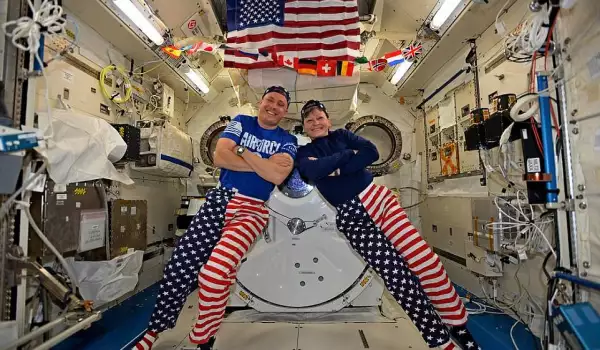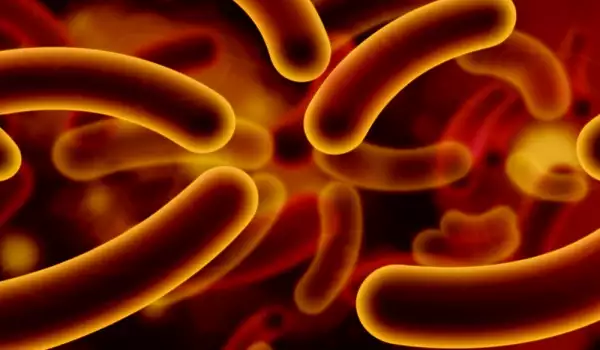At the beginning of the month, NASA announced they'll be conducting a dangerous experiment, whereby they'll be launching Escherichia coli into space to see how it could potentially affect astronauts in space.
The Space Administration has already launched the microorganisms from the International Space Station. Scientists posit that at 0 gravity, the microbes will develop an increased resistance to antibiotics which could cause severe problems for astronauts.
"Our goal is to find out whether E. coli and other dangerous bacteria have a greater resistance to antibiotics in space. If so, we'll know that we need to take the appropriate countermeasures, " says experiment lead A. C. Matin from Stanford University in California.
"We're approaching the point where humanity will finally conquer space or at least the Solar System. We need to know how human vital systems will be affected by microgravity, " adds the scientist.

He and his colleagues believe that E. coli may undergo stress in a microgravity environment. This stress could activate the bacteria's defensive systems, hindering antibiotics' reaction against them.
Bacteria on Earth already do something similar to this by developing a natural resistance to traditional antibiotic treatments. By showing how E. coli's endurance against antibiotics changes in space, scientists hope to better understand bacteria on Earth. This would in turn lead to more effective methods of fighting them.
The E. coli strains used in the experiment are the kind responsible for urinary tract infections - the most common problem facing astronauts in space.

Scientists are hoping the results of their tests will help them develop the ideal dosage of drugs for fighting E. coli-type infections in space and to study new techniques that would enable them to improve the potency of already existing antibiotics.













